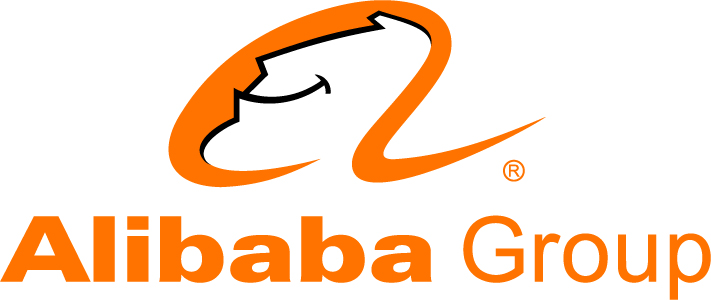Technology
What Is Alibaba Trying to Hide With a $4 Billion Share Buyback?
Published:
Last Updated:

In a move that few (no one?) expected, the company said it would initiate a share repurchase program worth $4 billion over the next two years to “offset dilution, for example, from our share-based compensation program.” The stock has been publicly traded for less than one year and the company is already buying back shares? How many zillion are out there?
Alibaba said it had a weighted average of 2.59 billion shares outstanding at the end of June. Diluted EPS on a GAAP basis was reported as $1.29 per share. On a non-GAAP basis, diluted EPS totaled $0.59. Share-based compensation rose 272% year over year and the explanation is more than a little opaque.
Here is what the company said:
[T]he increase in share-based compensation expense also reflected the mark-up of share-based awards of Ant Financial granted by its major shareholding entity controlled by Jack Ma, our executive chairman, to our employees.
The expense arising from Ant Financial’s share-based awards granted to our employees represents a non-cash charge that will not result in any economic cost or equity dilution to our shareholders. It is the view of our Chairman, Jack Ma, who controls Ant Financial, that the grant of Ant Financial equity awards to our employees will benefit Alibaba Group because of the strategic importance of Ant Financial as a payment service provider to us and our significant participation in the profits and value accretion of Ant Financial through our agreements with Ant Financial.
We expect that our share-based compensation expense will continue to be affected by change in fair value of our shares and the quantity of awards we grant to our employees and consultants in the future. Furthermore, we expect that our share-based compensation expense will continue to increase, primarily because of the expected increase in fair value of share-based awards of Ant Financial.
What do the buybacks accomplish besides papering over the dilution of Alibaba shares? It is worth recalling here that the company’s dual-class stock structure vests control of Alibaba with its founders and executives. For all intents and purposes, they get to decide what the company does and how it spends its cash.
Quarterly gross merchandise value (GMV) rose 34% and 12% sequentially. GMV is the total value of sales transacted on Alibaba’s websites. Mobile GMV as a percentage of the total rose to 55% from 33% in the same period a year ago and from 51% in the prior quarter.
The number of active buyers on Alibaba’s retail marketplaces totaled 367 million at the end of June, up 32% year over year. Mobile active users rose 63% from 289 million at the end of March to 307 million at the end of June.
The company’s CEO, Daniel Zhang, said:
We are excited about our top strategic priorities, including internationalization, winning in mobile, expanding our ecosystem from cities to villages, and investing in core technologies that will propel our cloud computing business.
Alibaba did not provide a forecast in its press release. Analysts expect earnings per ADS of $0.58 on revenues of $3.6 billion in the company’s fiscal second quarter. For the full fiscal year ending in March, consensus estimates call for earnings per ADS of $2.79 on revenues of $16.33 billion.
Alibaba’s ADSs traded down about 5.5% in Wednesday’s premarket session to $73.01, below the post-IPO range of $76.15 to $120.00. The low was posted Tuesday. The consensus price target from Thomson Reuters was near $107 a share before the announcement. The high price target estimate is $137.00.
Thank you for reading! Have some feedback for us?
Contact the 24/7 Wall St. editorial team.